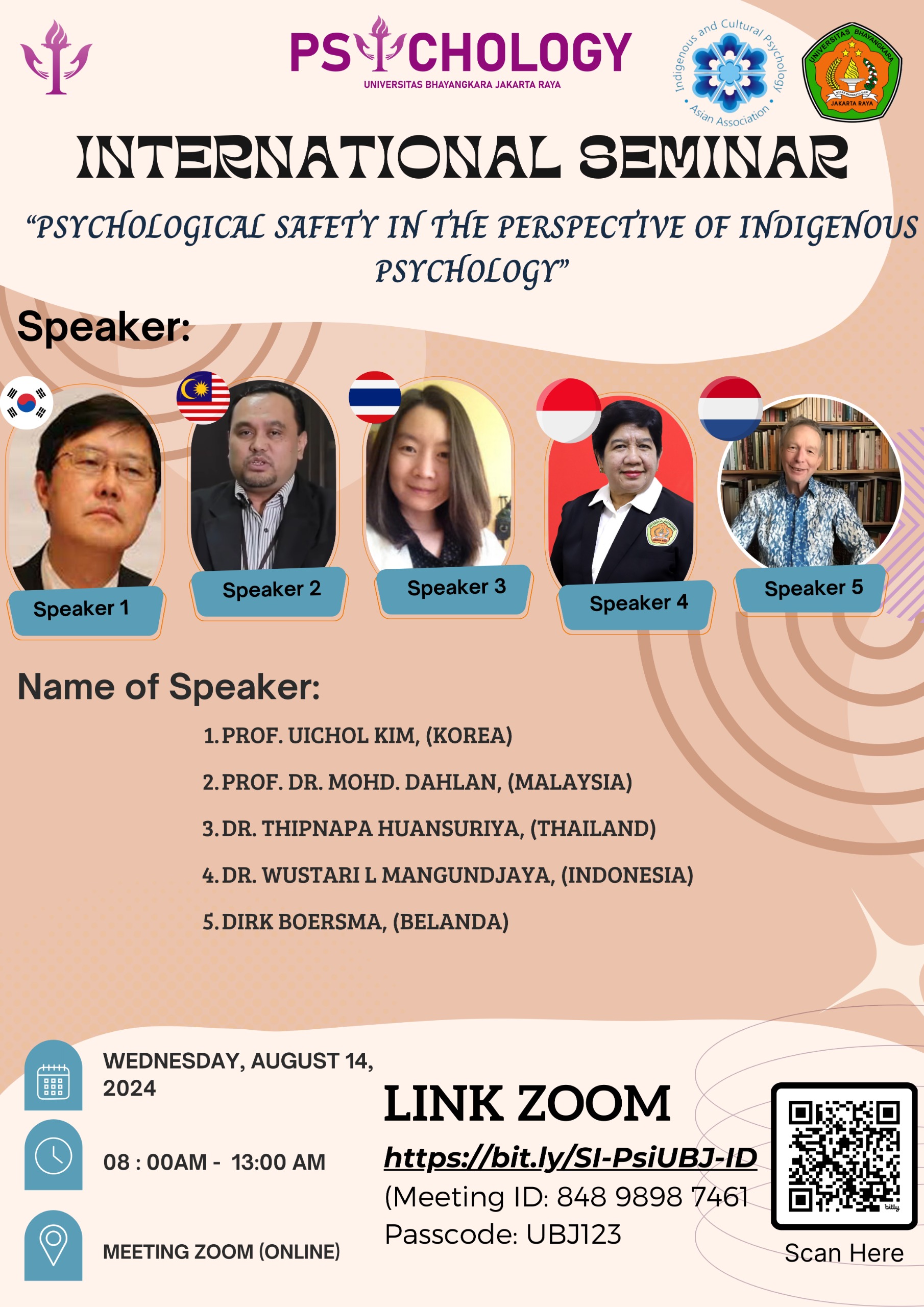Traffic Police Psychological Well-Being
Keywords:
Psychological Well-Being, Traffic Police, Stress Management, Job Satisfaction, Mental Health Support, Work-Life BalanceAbstract
Psychological well-being is a crucial aspect of an individual's overall health, encompassing their emotional, mental, and physical states. This study focuses on the psychological well-being of traffic police officers, who face significant stress due to high workloads, irregular schedules, and challenging work environments. The research highlights that stressors such as exposure to adverse weather conditions, high-risk situations, and inadequate social support can negatively impact the psychological well-being of traffic officers. By employing a qualitative literature review, this study synthesizes findings from various sources on factors affecting traffic police well-being, including physiological, psychological, and behavioral aspects. The results indicate that both internal factors, like job demands and stress management, and external factors, such as environmental conditions and lack of social support, contribute to reduced psychological well-being among traffic officers. To address these issues, it is recommended that police organizations implement comprehensive mental health support programs, provide stress management training, and promote a work-life balance. The study underscores the importance of creating a supportive work environment to enhance the psychological well-being of traffic police, which in turn can improve their job performance and overall quality of life. Future research should focus on developing and evaluating interventions designed to support the mental health of traffic officers.





